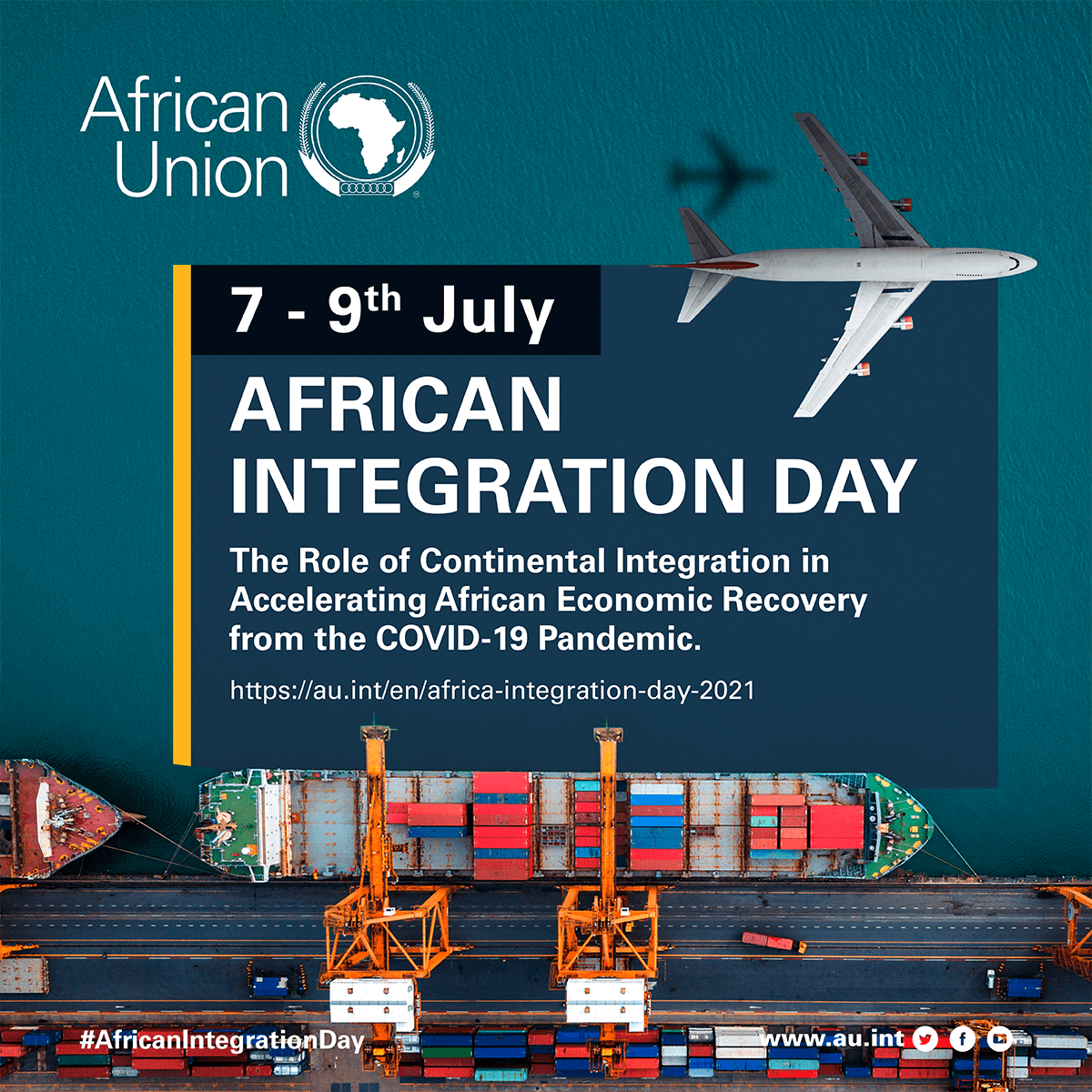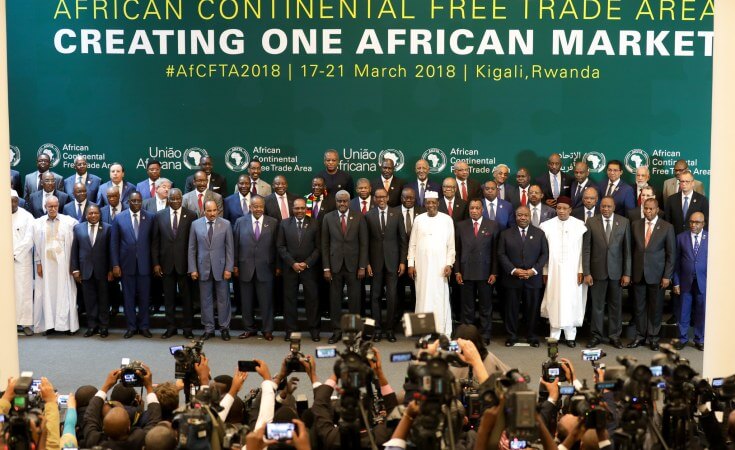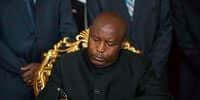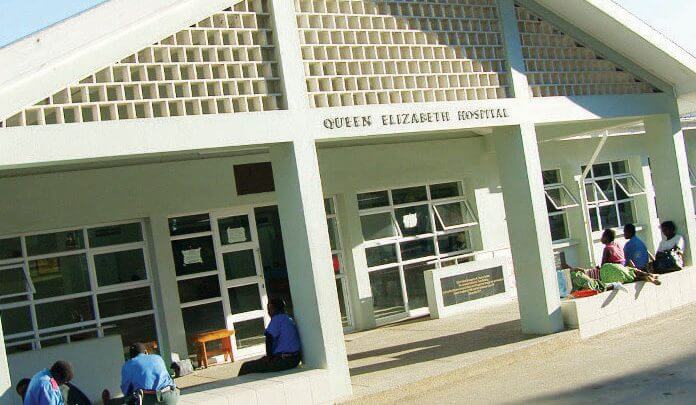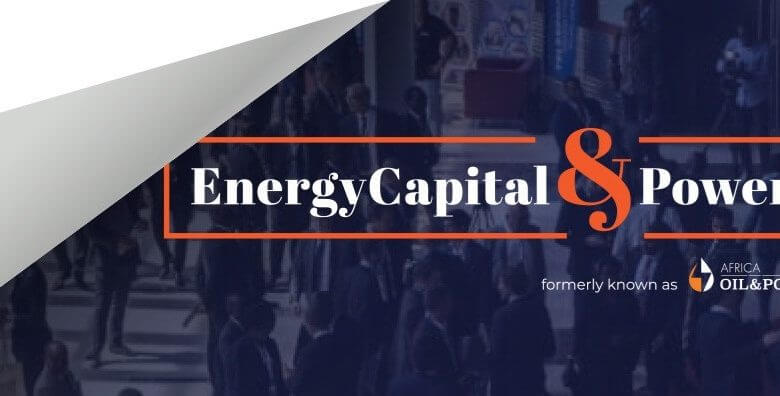African countries need to integrate their digital strategies in order to make goals of the Africa Continental Free Trade Area (AfCFTA) achievable and bring benefits to millions of people on the continent. This is part of the submissions of Managing Partner at Chanzo Capital, Eric Osiakwan while speaking at the recent special edition of the MTN Business Executive Breakfast Series on the theme “Accelerating SME Growth and Development – the role of Digitization”. Watch event here. Because digitization is going to play a key role in actualizing AfCFTA, governments of member countries must commit to a workable and sustainable digitization process by providing the support infrastructure and policies to help foster digital innovation notably within the private sector. Ghana has already taken the lead in providing infrastructure and the policies to drive digitization, said Osiakwan pointing to the ghana.gov platform, GHQR and the soon to be introduced e-cedi by the Bank of Ghana. But AfCFTA’s success across countries will hinge on a continent-wide approach to integrating policy-efforts and infrastructure developments of all its members. Benefits from AfCFTA cannot be achieved in silos, said Osiakwan who has extensive experience in policies and investments on the continent. “The only way to make AfCFTA work is for us to have an Africa-wide digital strategy that bring everyone along and that means we need to quickly start integrating the digital strategies for the benefit of the entire continent,” he said. Touching on the pace at which African countries are adopting blockchain technology, he argued that there is need...
Africa Needs Integrated Digital Strategies To Make AfCFTA Work, Says Eric Osiakwan
Posted on: July 15, 2021
Posted on: July 15, 2021


